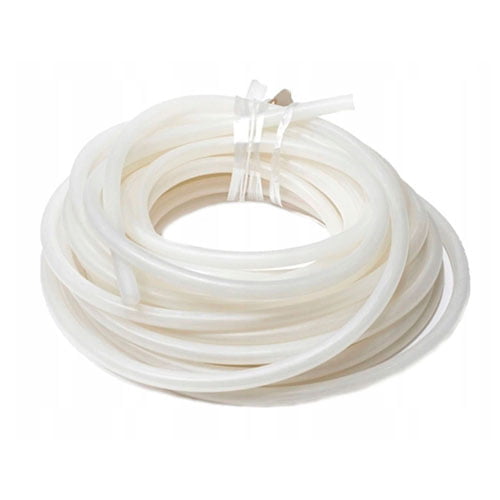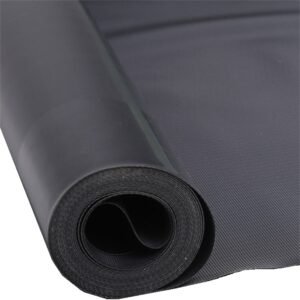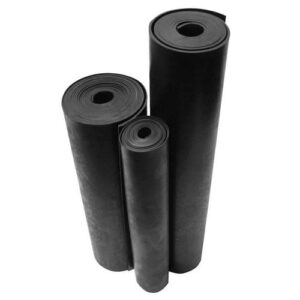Description
Buy Silicone cord Ø 20 mm (profile) from ChemLV at a bargain price in Latvia and the European Union
Intended use Silicone cord Ø 20 mm (profile) – Silicone seal | Heat resistant seal | Frost-resistant sealant | Oven seal |
Is used in – Energy | Medicine | Automotive industry | Wood industry | Chemical industry |
Description Silicone cord Ø 20 mm (profile)
Due to its multifunctional physical and mechanical characteristics, silicone cord can serve as a sealant in hydraulic, pneumatic, vacuum and oil systems.
Silicone cords are suitable: for isolating and sealing knots from exposure to dust, light, moisture, heat, electric field, radiation, they are used to dampen vibrations, fluctuations and noise, in meat, milk, confectionery processing machines.
The undoubted advantage for choosing its application is durability, a wide range of operating temperatures.
Silicone cords are widely used as: heat-resistant seals for ovens, bakeries, in food and metallurgical production, as well as frost-resistant seals in refrigeration and cryogenic chambers.
The benefits of using silicone cords:
– Non-toxic;
– They are food approved and can be used in contact with food and medicines;
– Resistant to aggressive environments;
– Liquids: fresh water, sea water (including boiling water);
– Gas: ammonia, oxygen, ozone;
– Salts: sodium carbonate, copper sulfate, ferric chloride, sodium chloride. Acids: nitric (10%), sulfuric (30-50%), hydrochloric (10-18%), stearic, acetic (30%), phosphoric;
– Food products: alcohol, table vinegar, ghee and vegetable oil. Solvents: hydrogen peroxide, ethylene glycol, ethyl alcohol, acetone;
– Fluorosilicone cords are oil-petrol resistant;
– Dielectric properties. At room temperature, silicone has electrical insulating properties. At temperatures above 100C, it exceeds all elastomers in terms of electrical insulating performance. Burning silicone rubber insulation leaves a non-conductive layer of silicon oxide.






